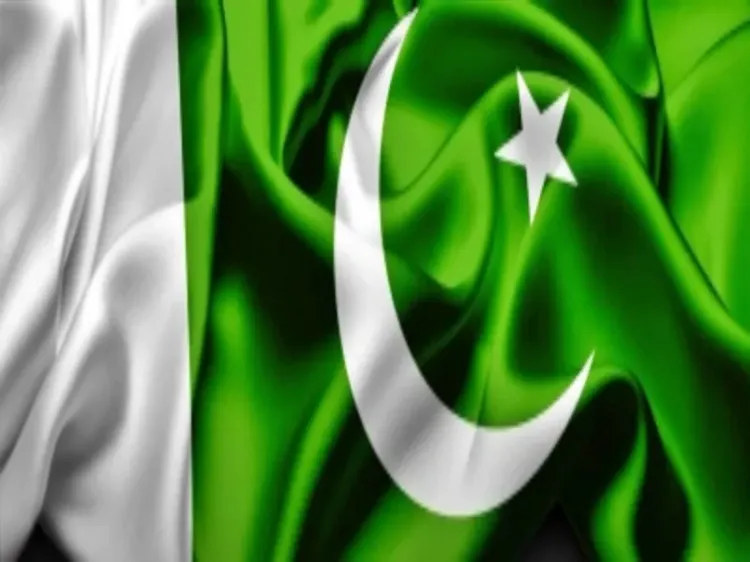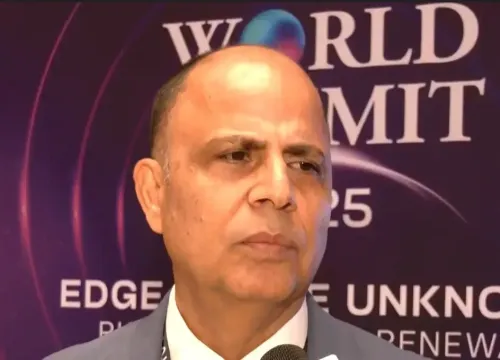Is Pakistan's Aggressive Stance Against Afghanistan Sustainable?

Synopsis
Key Takeaways
- Ceasefire collapsed after airstrikes killed Afghan civilians.
- Pakistan's military strategy aims for normalization of conflict.
- TTP inflicts heavy casualties on the Pakistan Army.
- Taliban fighters are seasoned and experienced in warfare.
- China's interests necessitate peace in the region.
New Delhi, Oct 18 (NationPress) A ceasefire between Pakistan and Afghanistan quickly deteriorated after Islamabad's airstrikes resulted in the deaths of 10 Afghans, among them three cricketers. As the dynamics evolve between the two nations, a resolution seems far from reach.
Experts assert that Pakistan is aiming to normalize its conflict with Afghanistan. Rather than conducting covert operations and terror strikes, Pakistan is openly deploying military forces against Kabul.
Without presenting any evidence, Pakistan has alleged that the Afghan Taliban supports the Tehreek-e-Taliban Pakistan (TTP). The TTP has caused significant casualties to the Pakistan Army, with reports indicating that 2,400 soldiers have lost their lives in the first three quarters of 2025 alone.
Officials suggest that Pakistan is mirroring India's strategy during Operation Sindoor, wherein India declared that acts of terror would be classified as acts of war rather than mere cross-border terrorism. Pakistan is also attempting to restore its military's tarnished reputation by engaging in operations within Afghanistan. However, this raises the question: can Pakistan maintain this aggressive stance?
It is commonly acknowledged that Pakistan possesses military superiority over Afghanistan. Unlike Pakistan, the Taliban lack an air force, and on the ground, Pakistan has a greater number of soldiers compared to the Taliban. Despite this military advantage, analysts warn that combating the Taliban will not be straightforward.
Unlike Pakistani troops, Taliban fighters are battle-hardened, having previously faced off against U.S. and Russian forces, making them seasoned warriors.
Additionally, the Pakistan Army will be contending with non-state actors within its own borders, many of whom sympathize with the Taliban and could join the fight when necessary.
The Taliban's decentralized structure, lacking a unified command center, may lead to sporadic engagements that jeopardize any ceasefire agreements. Pakistan's historical ties and shared Pashtun heritage with Afghanistan have always complicated their relationship.
If Pakistan intends to adopt a strategy of persistent aggression towards Afghanistan, this could provoke dissent within its security apparatus.
Should the Taliban perceive a decline against the Pakistan Army, their supreme leader in Kandahar, Haibatullah Akhunzada, might intervene. He could potentially issue a fatwa calling for war against Pakistan, which would strengthen the TTP, a group that pledged allegiance to him in 2021.
Akhunzada holds significant influence in Pakistan, revered by various religious institutions. Should he declare war against Islamabad, it would exacerbate Pakistan's existing internal challenges.
The Pakistan Army may also face immense pressure from Islamist political factions domestically, which would likely oppose a full-scale offensive against the Taliban. An outright war could inadvertently bolster support for the Taliban within Afghanistan, where public sentiment is currently mixed but could turn favorable if the country faces substantial military action.
Moreover, Pakistan will have to consider China's stance, as Beijing has called for immediate peace. China has incorporated Afghanistan into the China-Pakistan Economic Corridor Project 2.0 (CPEC) and will not tolerate any disruptions that could jeopardize this initiative. A repeat of the CPEC 1 scenario, where the project faced severe attacks, is something both nations want to avoid.









